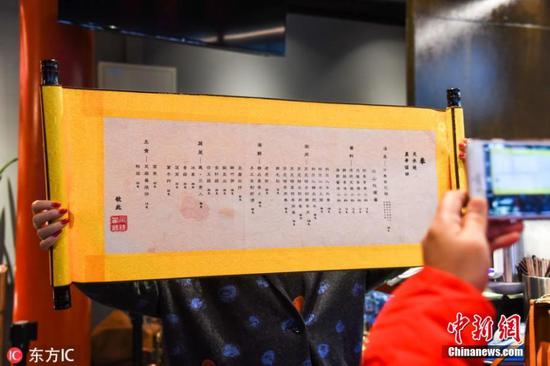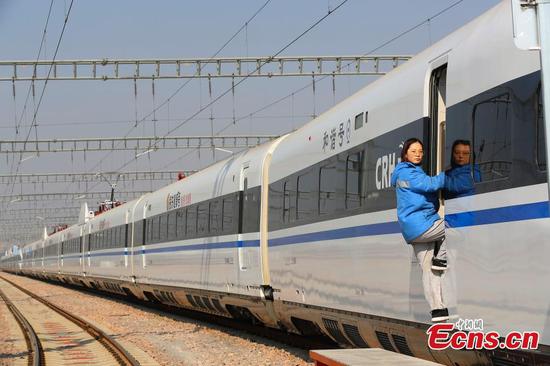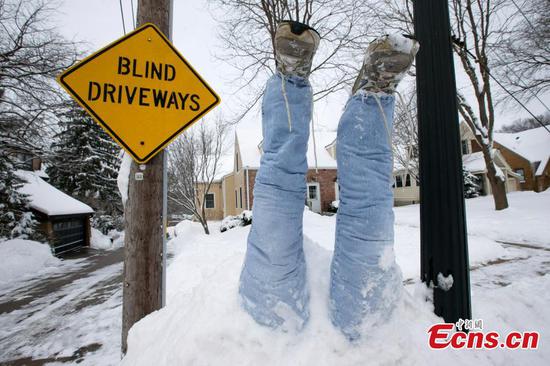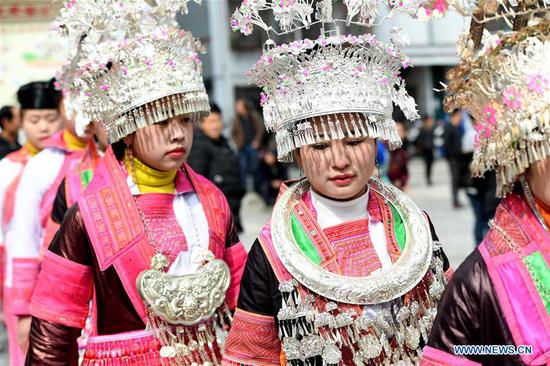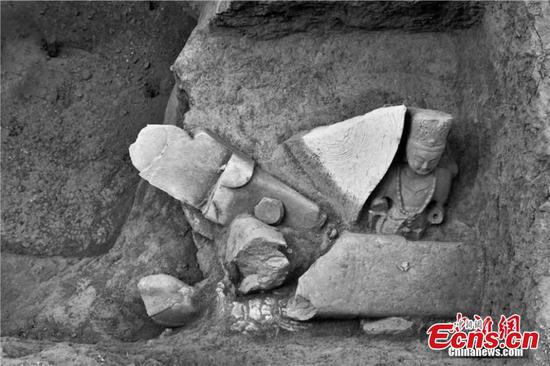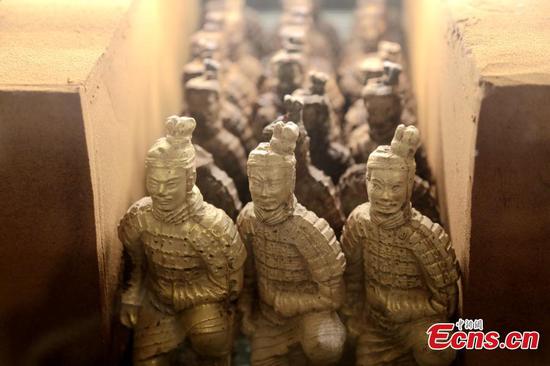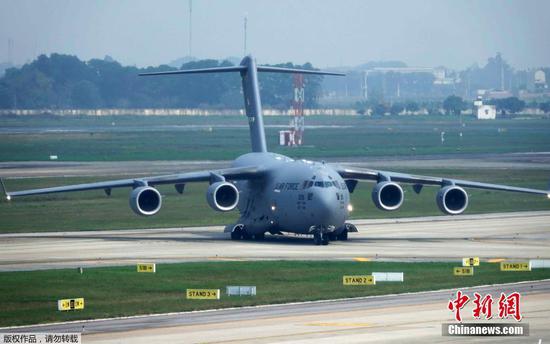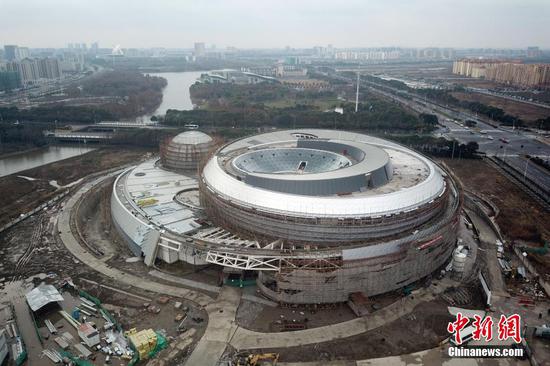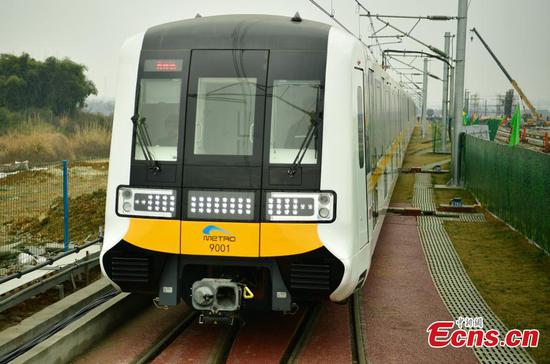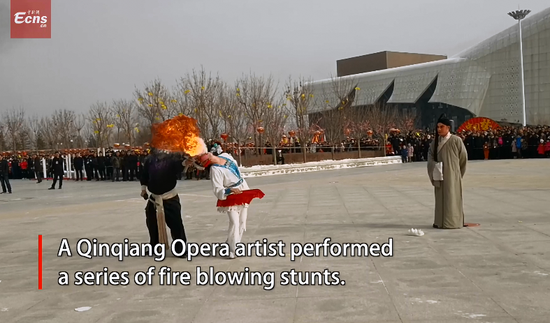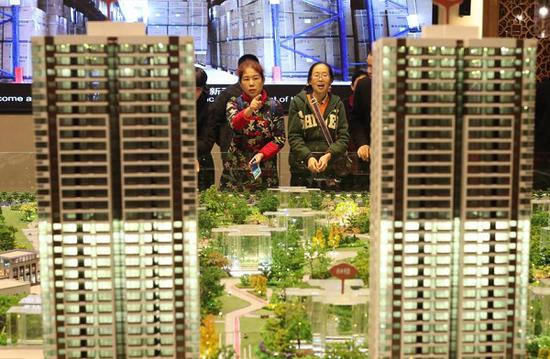
Investors look at a model of a residential project in Chongqing. (Photo by Sun Kaifang/For China Daily)
Slight tick downward may signal new pattern that will persist, analyst says
The market for previously owned homes in China's first-and second-tier cities showed signs of cooling in January, as sale prices dropped for first time in 45 months, signaling a stable year for housing prices, experts said.
According to the most recent figures from the National Bureau of Statistics, Beijing, Guangzhou and Shenzhen saw month-on-month price drops for existing housing of 0.1 percent, 0.3 percent and 0.3 percent, respectively, from December. Thirty-one second-tier cities have also saw an average drop of 0.1 percent in previously owned property prices.
The rate of growth in the selling prices of newly constructed commercial residential buildings in first-tier cities slowed by nearly 1 percentage point from December. Commercial residential refers to residential buildings or homes sold at market prices, as opposed to government-subsidized housing for low-income residents.
A total of 35 third-tier cities saw a month-on-month sales price increase in both newly constructed commercial residential buildings and previously owned homes by 0.6 percent and 0.2 percent, respectively. Both growth rates were 0.1 percentage point slower than December's.
"In January, the local authorities continued to adhere to housing policies based on the situation of their own city to stabilize the land price, the housing price and market expectations, with the aim of promoting healthy and stable development of the housing market," said Liu Jianwei, a senior statistician at the NBS.
Zhang Dawei, chief analyst at Centaline Property Agency, suggested the price trend in previously owned property represents the real market situation better than that of newly constructed residential buildings.
"Nationally, previously owned property sales have dominated first-and second-tier cities, especially first-tier ones," Zhang said. "More than 90 percent of the deals made were for pre-owned homes."
Zhang saw the price dip in used property as a significant sign that the market is cooling.
"Secondhand property prices in first-and second-tier cities started to go down, signaling a down cycle after a 45-month period of rising housing prices," he said.
He predicted that the real estate market will maintain this trend if there are no significant changes in housing loan policies.
Lu Wenxi, an analyst with Shanghai Centaline Property, said, "The contract volume in January was only 10 percent lower than average, indicating a good start for 2019, but it doesn't necessarily mean volume will keep rising in the future.
"Newly constructed residential buildings entered the market at prices lower than market expectations, further depressing the prices of previously owned ones. There is a possibility that prices will keep going down."
Zhang said the keyword in the real estate market will continue to be "stable".
"Neither soaring prices or sliding ones bring stabilization," he said, predicting that at least 30 cities will make micro adjustments to their housing policies this year, which means more cities will see a slight loosening of regulations this year.













